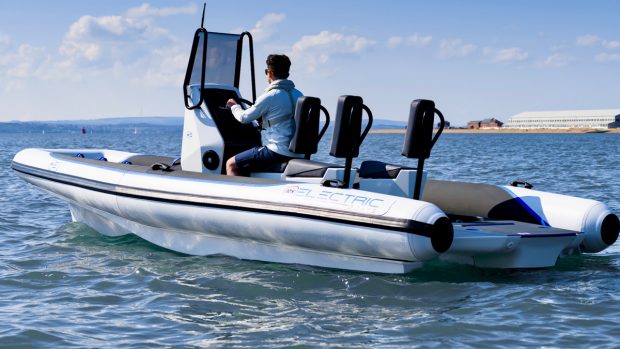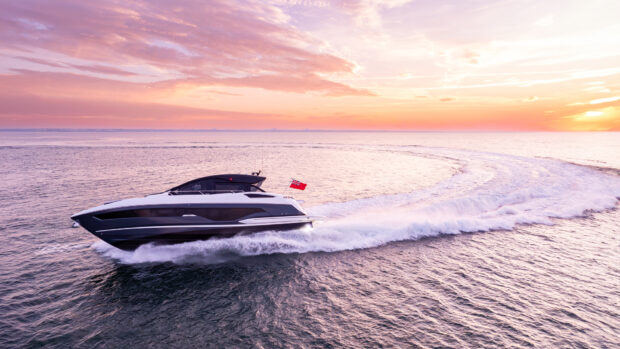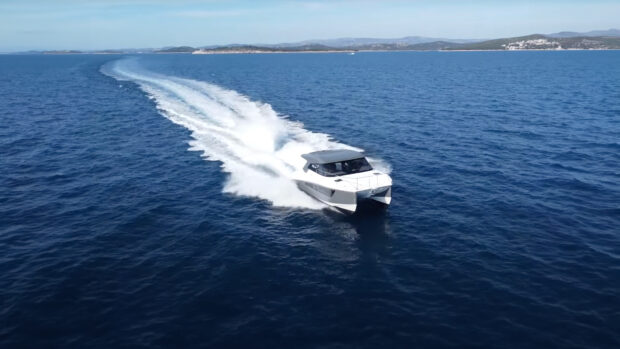Fuel-conscious motorboating
It seems odd to be celebrating the start of the Round-Britain Race at the same time as championing the latest generation of fuel-conscious trawler yachts. At first glance, these power-hungry racers are the very antithesis of the gentler pace of life we are promoting on our cover. However, I don’t think these two extremes of boating are as incompatible as they first appear. The bottom line is that we all get our kicks out of being afloat, whether that involves the adrenaline rush of blasting about in a 50-knot RIB or the more cerebral pleasures of trundling from port to port at a steady seven knots.
The important thing is that we celebrate boating in all its forms and don’t try to impose our own viewpoints on others. I was amazed to see some motor boat owners having a go at the organisers of the Round-Britain Race for encouraging what they see as a profligate waste of fuel. I don’t see these same detractors calling for Lewis Hamilton to compete on a bicycle or offering to swap the Volvo D6s in their own boats for a set of sails. Besides, here is a form of racing that really can lay claim to improving the breed. Nearly all the boats are based on production hulls, using production engines, and competing against each other over long-distance offshore legs in which reliability, seakeeping and fuel consumption are as important as outright pace. I would be that much more inclined to buy a Yanmar engine or Scorpion RIB knowing that one of their products had just completed 1,400 gruelling miles around Britain.
That said, as the cost of fuel soars ever upwards and the end of lower-duty red diesel draws ever nearer (from November 1 a litre of red diesel is likely to cost at least £1.30), many of us will have to change the way we go boating. It may be as simple as reducing our cruising speed by a couple of knots or spending more time at anchor. Others may take the more radical step of replacing their 30-knot flybridge cruiser for one of the displacement trawler yachts featured in this issue (and judging from our tester’s comments the fuel savings are just one of their many appealing features).
Nor are the manufacturers of faster boats going to take the challenge lying down. Ferretti are already working on a zero-emissions motor cruiser and by the time you read this the biofuel-powered Earthrace should have smashed the outright round-the-world record for powerboats (see www.mby.com for the latest). New pressures bring new solutions, and I’m looking forward to seeing what the future holds. One thing’s for certain: it will take more than the combined efforts of OPEC and Alistair Darling to make me give up boating.








